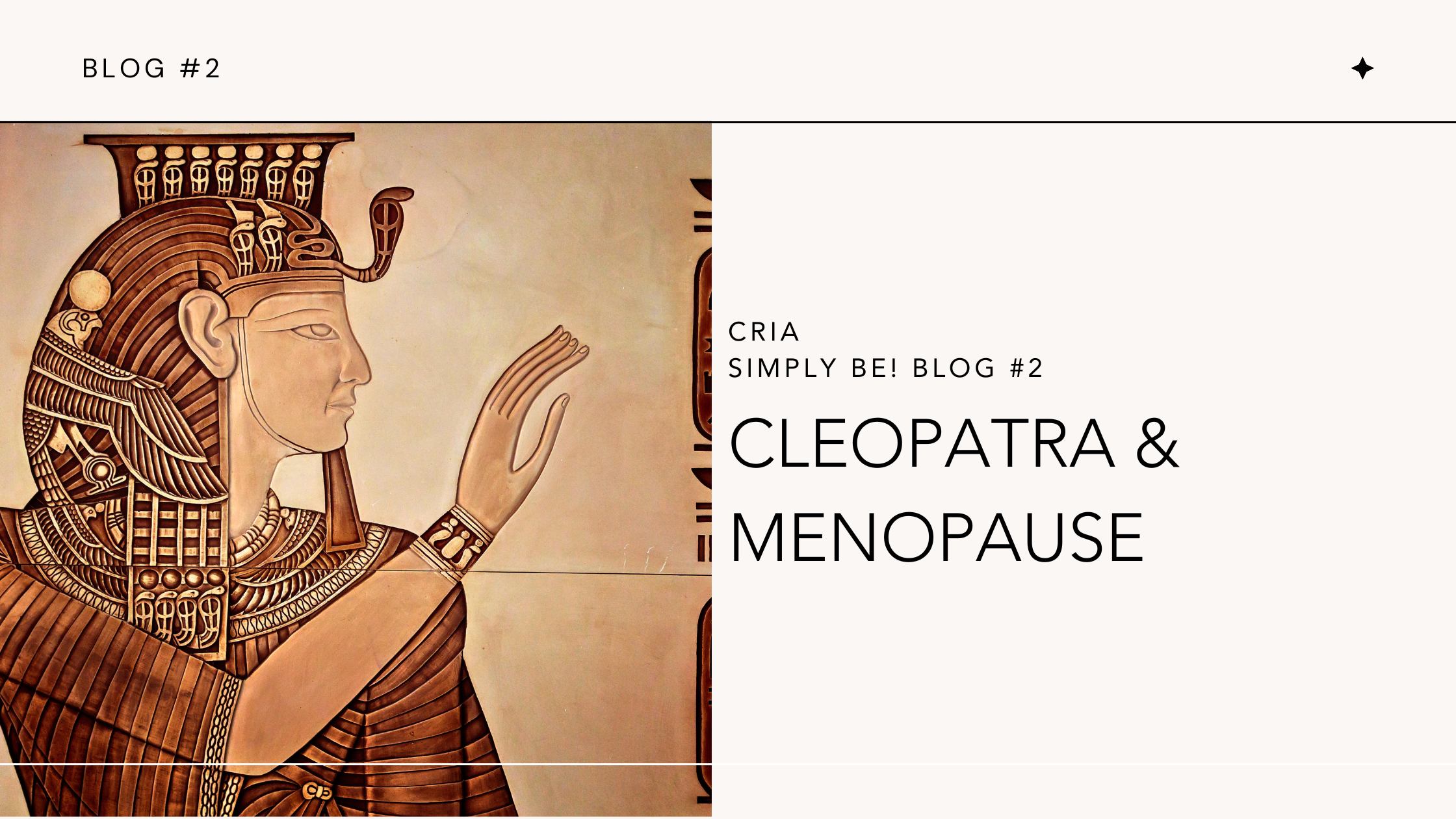How would Cleopatra VII Philopator, the last active ruler of the Ptolemaic Kingdom of Egypt, treat "menopause" if she had lived to be 40 and beyond?
Here's how, hypothetically speaking:
Herbal Remedies: Cleopatra had access to some of the most sophisticated medical knowledge of her time. Herbs like fennel, anise, and pomegranate (which has phytoestrogens) might have been used to help with symptoms like hot flashes, although there’s no direct evidence Cleopatra specifically used them for menopause.
Religious and Spiritual Beliefs: Ancient Egyptians attributed many physical symptoms to spiritual or divine causes. Cleopatra may have relied on rituals, prayers, or offerings to the gods to seek relief for menopause-related symptoms.
Lack of Menopausal Stigma: In Cleopatra's society, it’s possible that menopause was less stigmatized than in later cultures. Egyptian society valued wisdom and maturity, so Cleopatra's status as a highly educated woman-monarch, wouldn't likely have been negatively affected by aging in the way that it might now, centuries and centuries later.
While records of Cleopatra’s health are minimal, her era was advanced in terms of both medicine and cultural attitudes, giving her and hopefully women in the context the "right" resources to cope with aging and menopause.
Being a monarch helps, of course. Being the elite helps. You're always first in line for the best of the best. But the question really is: under what cultural, political, and economic conditions "woman" is the answer, not a question? When a culture's ethos is deeply aligned with and attentive to "womanhood" and its essentialness at every stage/ age, not its neglect and/or erasure?


